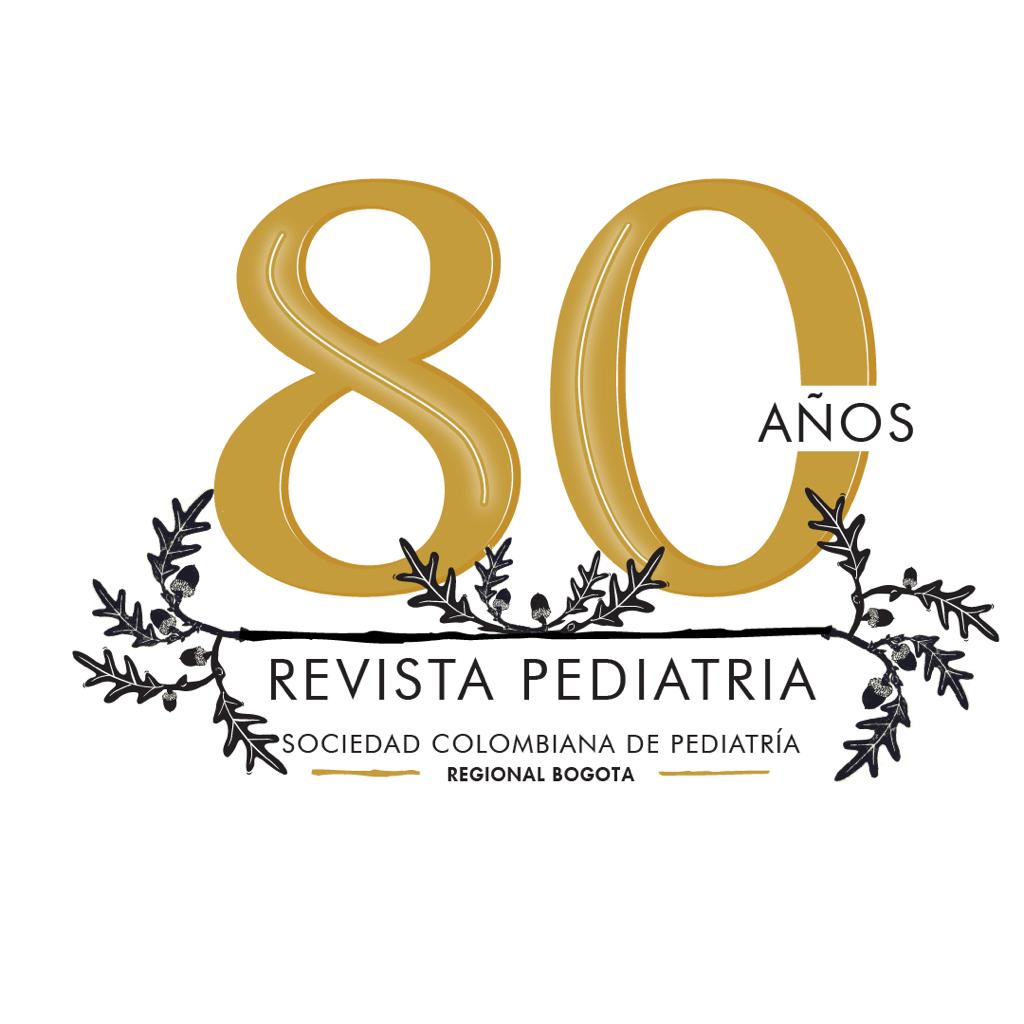Case reports. An opportunity for sharing clinical experiences
Main Article Content
Abstract
Evidence-based medicine integrates individual clinical experience with the best available clinical evidence (1). The levels of evidence relate to the clinical question of interest, for example, efficacy and safety studies are based on clinical experiments and studies looking for risk factors are based on case-control designs (2). However, clinical experience is mainly expressed, in the biomedical literature, through case reports.
Downloads
Article Details

This work is licensed under a Creative Commons Attribution-NonCommercial-NoDerivatives 4.0 International License.
Creative Commons
License Attribution-NonCommercial-ShareAlike 4.0 International (CC BY-NC-SA 4.0)
You are free to:
Share - copy and redistribute the material in any medium or format.
Adapt - remix, transform, and build upon the material The licensor cannot revoke these freedoms as long as you follow the license terms.
• Attribution — You must give appropriate credit, provide a link to the license, and indicate if changes were made. You may do so in any reasonable manner, but not in any way that suggests the licensor endorses you or your use.
• NonCommercial — You may not use the material for commercial purposes.
• ShareAlike — If you remix, transform, or build upon the material, you must distribute your contributions under the same license as the original.
• No additional restrictions — You may not apply legal terms or technological measures that legally restrict others from doing anything the license permits.
References
Sackett DL. Evidence-based medicine. Semin Perinatol. 1997;21(1):3-5.
Rodrigues L, Kirkwood BR. Case-control designs in the study of common diseases: updates on the demise of the rare disease assumption and the choice of sampling scheme for controls. Int J Epidemiol. 1990;19(1):205-13.
Gopikrishna V. A report on case reports. J Conserv Dent. 2010;13(4):265-71.
Sayre JW, Toklu HZ, Ye F, Mazza J, Yale S. Case Reports, Case Series - From Clinical Practice to Evidence-Based Medicine in Graduate Medical Education. Cureus. 2017;9(8):e1546.
Ortega-Loubon C, Culquichicon C, Correa R. The Importance of Writing and Publishing Case Reports During Medical Training. Cureus. 2017;9(12):e1964.
Nakamura T, Igarashi H, Ito T, Jensen RT. Important of case-reports/series, in rare diseases: Using neuroendocrine tumors as an example. World J Clin Cases. 2014;2(11):608-13.
Nissen T, Wynn R. The clinical case report: a review of its merits and limitations. BMC Res Notes. 2014;7:264.

